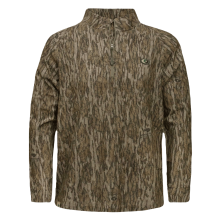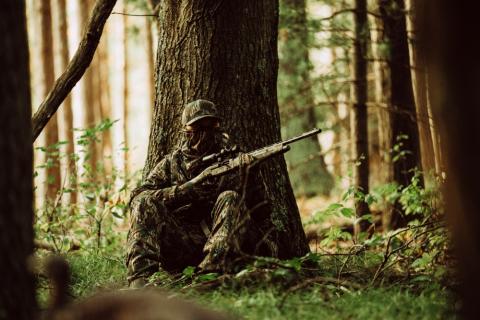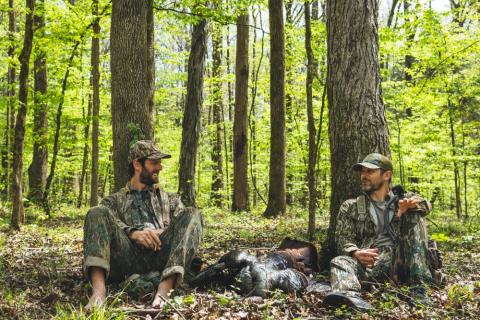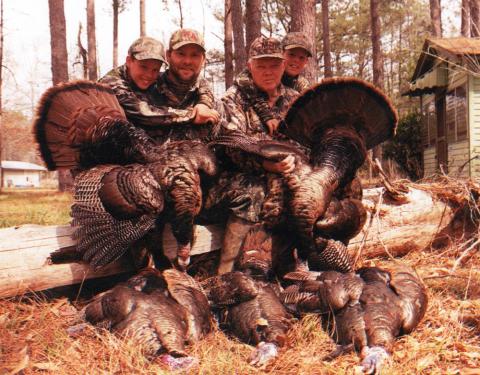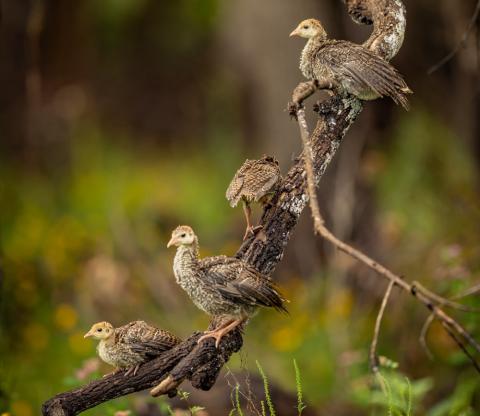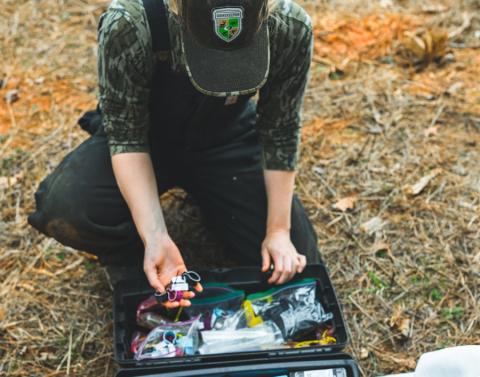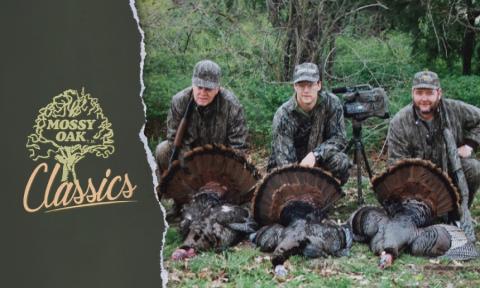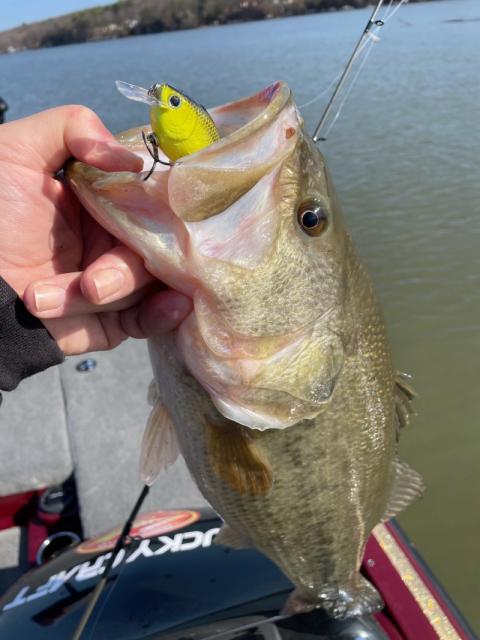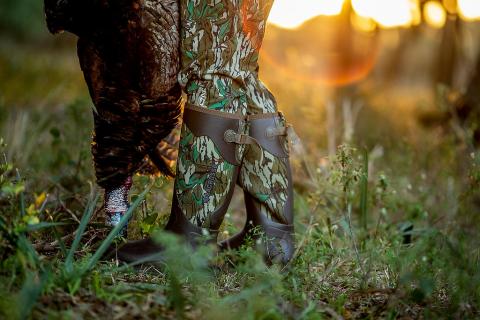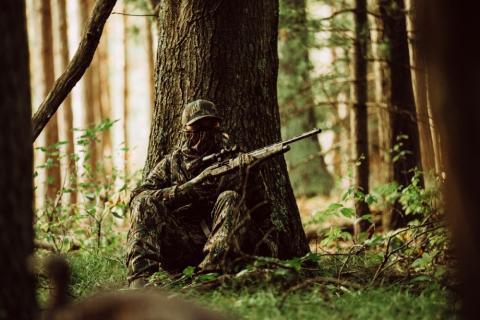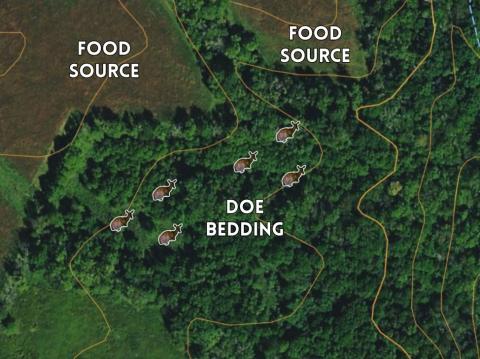By Heath Wood
Small game hunting has a rich tradition deeply ingrained in the outdoor industry. Many hunters, including myself, experienced small game hunting, such as rabbit or squirrel hunting, as their first hunting experience.
I remember my father having a brown leather vest with shotgun shell holders sewn across the front when I was a child. This vest was what my father wore when he would squirrel hunt. After learning to hunt with him, I got to carry on the tradition of wearing his vest. Today, I can still feel the heavy, warm feeling of a limit of squirrels on my back in that old leather vest.
Memories of small game hunting and wearing my father's vest make hunting unique. Although many hunters have the same type of memories, it seems this time-honored activity has experienced a noticeable decline in popularity in recent years. What factors contribute to this decline, and what strategies could reignite interest in small-game hunting? After all, the significance of small game hunting isn’t simply shooting a squirrel or a rabbit. By actively engaging in its revival, hunters can honor tradition and contribute to preserving this time-honored sport.
The Decline of Small Game Hunting
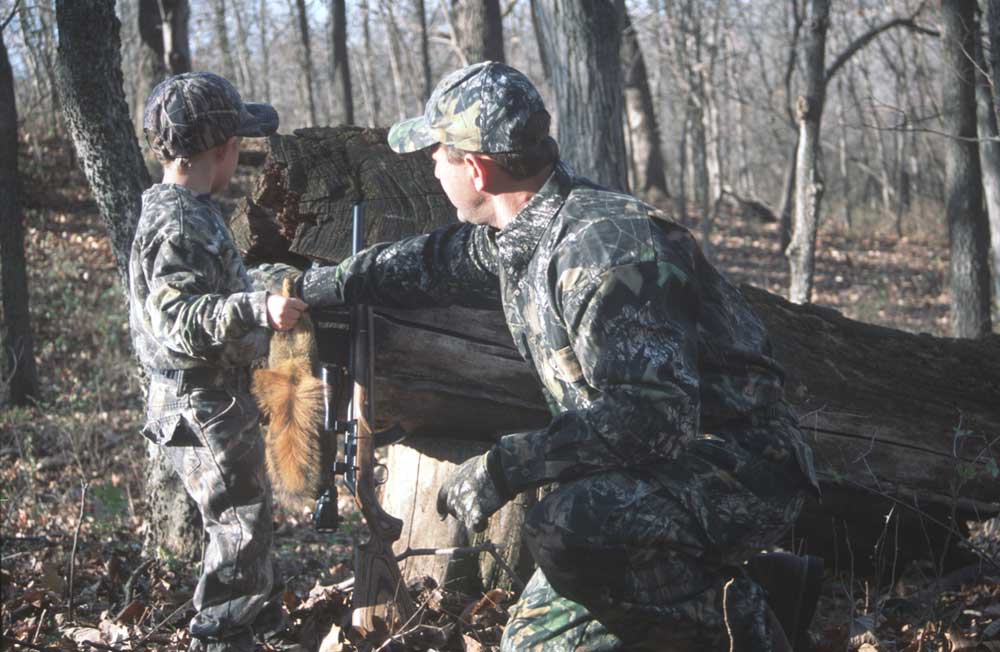
Small game hunting, once a cherished pastime enjoyed by generations of hunters, has witnessed a gradual decline in participation in recent years. Several factors contribute to this trend, including shifting demographics, changing attitudes toward hunting, and the rise of alternative recreational activities. “Kids have too much to do these days” is a saying I’ve heard repeatedly. I once thought it was only something the older generation said to the younger generation, and though it may be because I am getting older, that longstanding motto has never felt more accurate. As adults, we must show the youth how to be involved in the outdoors and why we adore our sport of hunting more than anything.
As urbanization spreads and the population becomes increasingly disconnected from rural traditions, fewer individuals are exposed to the joys and benefits of small-game hunting. Moreover, societal attitudes towards hunting have evolved, with some viewing it as unnecessary or unethical. Additionally, the proliferation of other leisure pursuits, such as video gaming and indoor entertainment, has drawn potential hunters away from outdoor activities.
Read More: The Squirrel Hunting Revival
Understanding the Reasons
To reverse the decline of small game hunting, it's crucial to understand the underlying reasons for its waning popularity. Beyond demographic shifts and societal attitudes, other factors may contribute to the decline, including limited access to hunting grounds, regulatory barriers, and a lack of mentorship opportunities for aspiring hunters. Furthermore, misconceptions about the role of hunting in wildlife management and conservation efforts may deter individuals from participating in this activity. By addressing these challenges head-on and offering solutions, we can pave the way for a resurgence of small-game hunting.
Proposed Strategies for Resurgence
Reinvigorating interest in small-game hunting requires a multifaceted approach that addresses various aspects of the activity. Firstly, efforts should be made to promote access to hunting grounds and streamline regulatory processes to make hunting more accessible and appealing to newcomers. Establishing mentorship programs and youth hunting initiatives can provide aspiring hunters with the guidance and support they need to confidently embark on their hunting journey. Education and outreach campaigns can also help dispel hunting myths and highlight its vital role in wildlife management and conservation. By emphasizing the ethical and sustainable aspects of hunting, we can attract a new generation of environmentally conscious hunters who value the tradition and stewardship associated with the activity.
Another way to instill enthusiasm into kids or new hunters is by turning the hunt into a challenge. For example, in recent years, I have been using air rifles and my .22 pistol as alternative weapons instead of the traditional small caliber rifles or shotguns that small game hunters have used for many years. When making a harvest with my handgun or an air rifle, I feel an overwhelming rush of accomplishment and pride from the extra challenge of using these weapons.
Listen or Watch Now: Gamekeeper Podcast's We Apologize to the Squirrel
The Significance of Small Game Hunting in Conservation
Beyond its cultural and recreational significance, small-game hunting is crucial in wildlife management and conservation efforts. By controlling populations of small game species, hunters help maintain ecological balance and mitigate human-wildlife conflicts. Furthermore, hunting license fees and excess taxes on hunting equipment generate essential funding for conservation programs and habitat restoration initiatives. We are extending the tradition of small game hunting by participating and introducing the sport to newcomers and spending our hard-earned money, which comes back to our sport.
Small game hunting is more than just a recreational activity; it's a time-honored tradition with significant implications for wildlife management and conservation. As participation in this activity declines, hunters must unite to revive and celebrate the heritage of small-game hunting. By addressing the activity's challenges and promoting its broader significance, we can ensure that small-game hunting continues to thrive for generations. Let us embrace the tradition, appreciate the beauty of the natural world, and work together to ensure a sustainable future for small game hunting and conservation.







